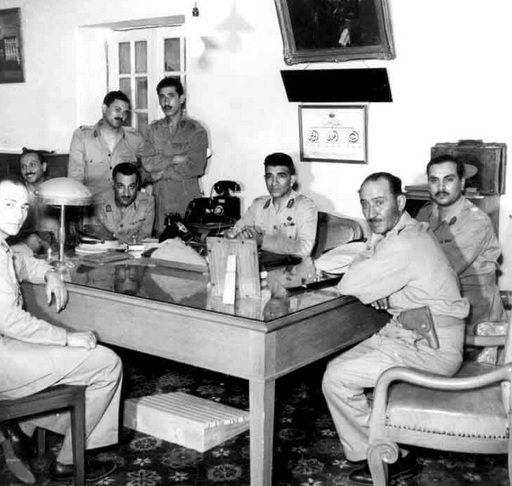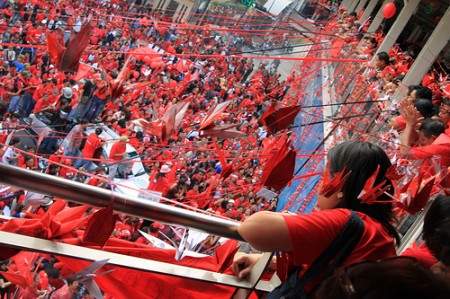
ANKARA – Last week, Turkish Prime Minister Recep Tayyip Erdoğan intensified his government’s response to the corruption investigations that have been roiling the country since December, restructuring the leadership of the judiciary and police. But it would be a mistake to view this as a fight between the executive and the judiciary, or as an attempt to cover up charges that have led to the resignation of three ministers. What is at issue is the law-enforcement authorities’ independence and impartiality. Indeed, amid charges of fabricated evidence, Erdoğan now says that he is not opposed to retrials for senior military officers convicted of plotting to overthrow his government.
The recent developments reflect the widening rift between Erdoğan’s government and the Gülen movement, led by Fethullah Gülen, a self-exiled Islamic preacher currently residing near Philadelphia. The Gülen movement was an important backer of the governing Justice and Development Party (AKP) and its efforts to establish civilian control over the military during the AKP’s first two terms in office. Now, however, the movement appears to have been plotting a coup of its own.




